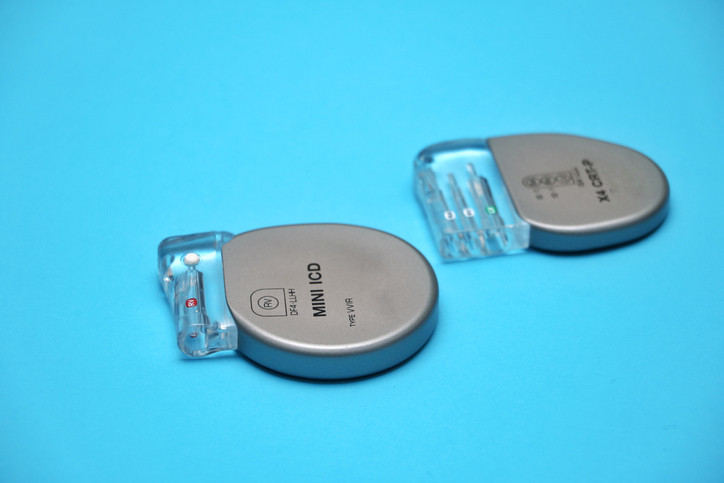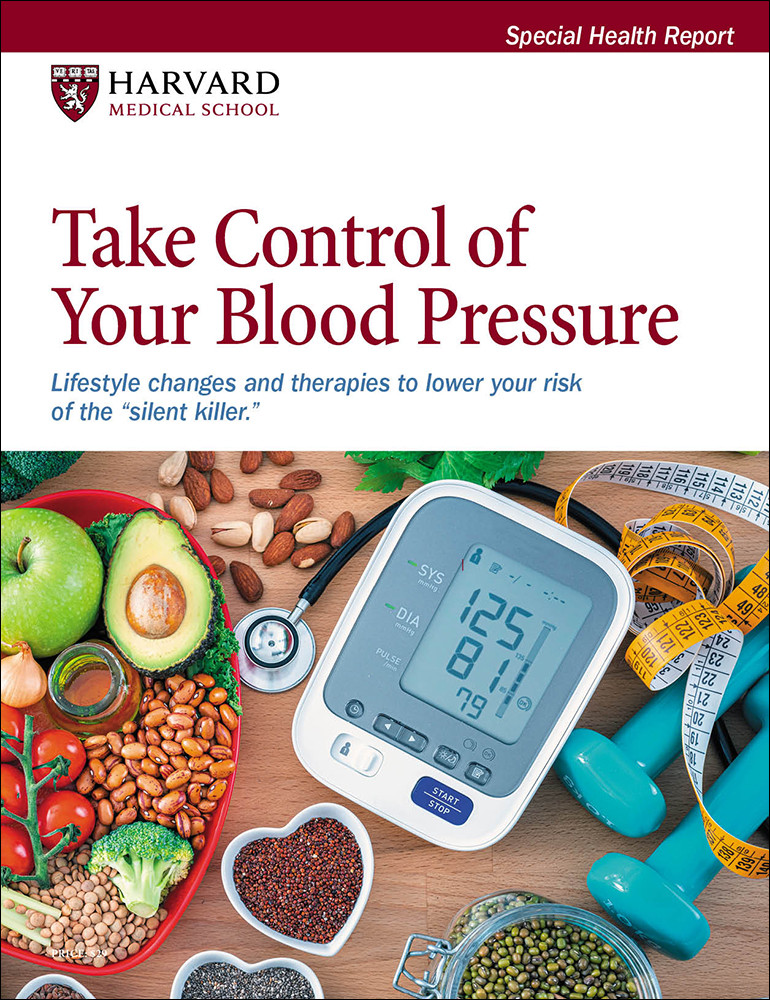Experimental wireless pacemaker dissolves when no longer needed
Research we're watching
A wireless, battery-free heart device that naturally absorbs into the body within two months may one day be a safer alternative to temporary pacemakers, according to a June 28, 2021, report in Nature Biotechnology.
People sometimes need a temporary pacemaker to regulate a slow or irregular heartbeat after a heart attack or heart surgery or while awaiting a permanent pacemaker. But these short-term devices require placing wires in the heart that later must be removed, and the wires have a small risk of becoming dislodged or infected.
The new wireless pacemaker (which has only been tested on animals so far) consists of thin, flexible components that gradually dissolve into the body and are naturally excreted. The device uses radiofrequency electromagnetic power to generate pulses to regulate the heartbeat. Researchers plan to test the device in humans in the near future.
Image: J-The Photoholic/Getty Images
About the Author

Julie Corliss, Executive Editor, Harvard Heart Letter
Disclaimer:
As a service to our readers, Harvard Health Publishing provides access to our library of archived content. Please note the date of last review or update on all articles.
No content on this site, regardless of date, should ever be used as a substitute for direct medical advice from your doctor or other qualified clinician.

















